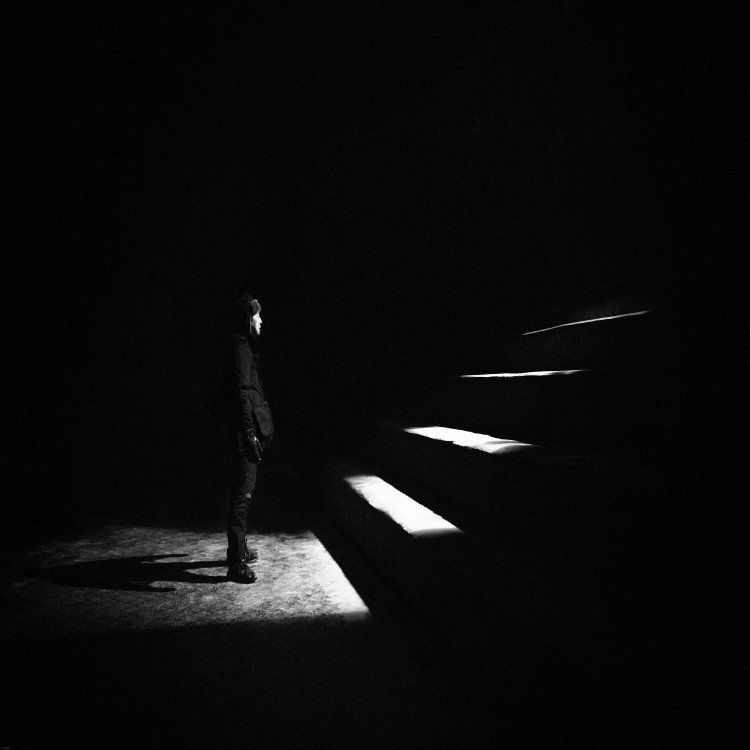The Trouble with Jesus
by Constance Hastings
The Trouble with Jesus: Never did he attempt to be a leader, king, messiah who used force, oppression, military and political power and control.

They say a tragic hero is basically a good guy who is defeated and dies due to some kind of tragic flaw. Well Jesus, your downfall came because you just didn’t know how to play the game. You challenged your own leaders, and you wouldn’t give the Romans the answers they wanted. The biggest laugh was what they nailed on your cross, “King of the Jews.” What a joke that was on all you tried to do and those losers who followed your efforts. Son of God, you’re as sorry as any of them.
Tragic Ending
Considering what Jesus set out to do, the scene is catastrophic. As convicted criminal, his walk of shame dead ends in The Place of the Skull, known by its Hebrew name of Golgotha. Executioners make short work of driving nails through his body into a cross. He gets center stage one final time, hanging right between two criminals.
Those who had a stomach for this kind of thing just watched. The select Jewish leaders who orchestrated his demise laughed derisively as Roman soldiers added their own mockery. All of it was summed up in that sign, “King of the Jews.”
What Kind of King
Certainly not like what history and fantasy tales would lead you to believe. No army ever rallied around him. Unlike the Judean King Herod and many others, he never lived in a palace or had a palatial lifestyle. His supporters were not persons of influence or power. His position on money was “sell all you have, give to the poor,” (Luke 18:22) not that which encouraged accumulation of wealth and possessions. He promoted those we call Losers, the poor, sick, foreigners, women and children. As King, of the Jews or anyone else, that day was the culmination of all his failed positions.
Real Irony
Some said soldiers gambled for his clothes. Hanging naked in from of them, they made a game of what little he had in life. They offered sour wine, toasting him with bitterness, for by numbing his pain they also extended his agony. The faction of leaders who had orchestrated his trial now derided his situation, shaming him for not saving himself as he was claimed to have done for others. The crowd that had cried for his crucifixion now watched, not joining the derision but giving witness to its effect. You could say it was the original No Kings Protest. Certainly, no one was getting behind this kind of King of the Jews.
Joining with his detractors is one of the men hanging next to him. His words have been echoed with that which many have used to challenge God.
Prove it. Prove you are the Messiah. Make yourself your own miracle by saving yourself. And make that miracle save us as well. Be our Hero-King.
The Kingmaker
If there is a worst kind of horror to this scene, it is how it happened despite and after Jesus had done the unthinkable. From his place of torment, he prayed that God would forgive them. Forgive the one who hammered the nails, forgive the leaders who feared being robbed of their control of the people, forgive the soldiers, government officials, all those caught up in political and social structures who could not see another kind of world order. Forgive, he said, don’t count this against any of them, for they don’t know what they are doing.
They didn’t know except that one did. Denouncing his partner in crime, the other thief asked of Jesus the one thing that only forgiveness could bring. “Remember me,” he said, “when you come into your Kingdom.” A convict becomes a kingmaker. He acknowledged Jesus for who he was and what he had prepared for those who would call him King.
The Trouble with Jesus was never did he attempt to be a leader, king, messiah who used force, oppression, military and political power and control. Yet, if you’re looking for one who commanded rule in beliefs, values, and heart like no other across the empires, globe and millennia, whose name does not die in dusty books, you’ll find a king. His demise may look otherwise on the surface, but beyond it are the Kingmakers.
“I assure you, today you will be with me in paradise.”
Named 2024 Notable Book Award by Southern Christian Writers Conference!
The Trouble with Jesus: Considerations Before You Walk Away by Constance Hastings
Ask for it wherever you buy your books, or just Click Here.
For those who have read The Trouble with Jesus: Considerations Before You Walk Away,
please leave a review and help spread some "Jesus Trouble!" Click Here.
Subscribe to The Trouble with Jesus Blog Here.











